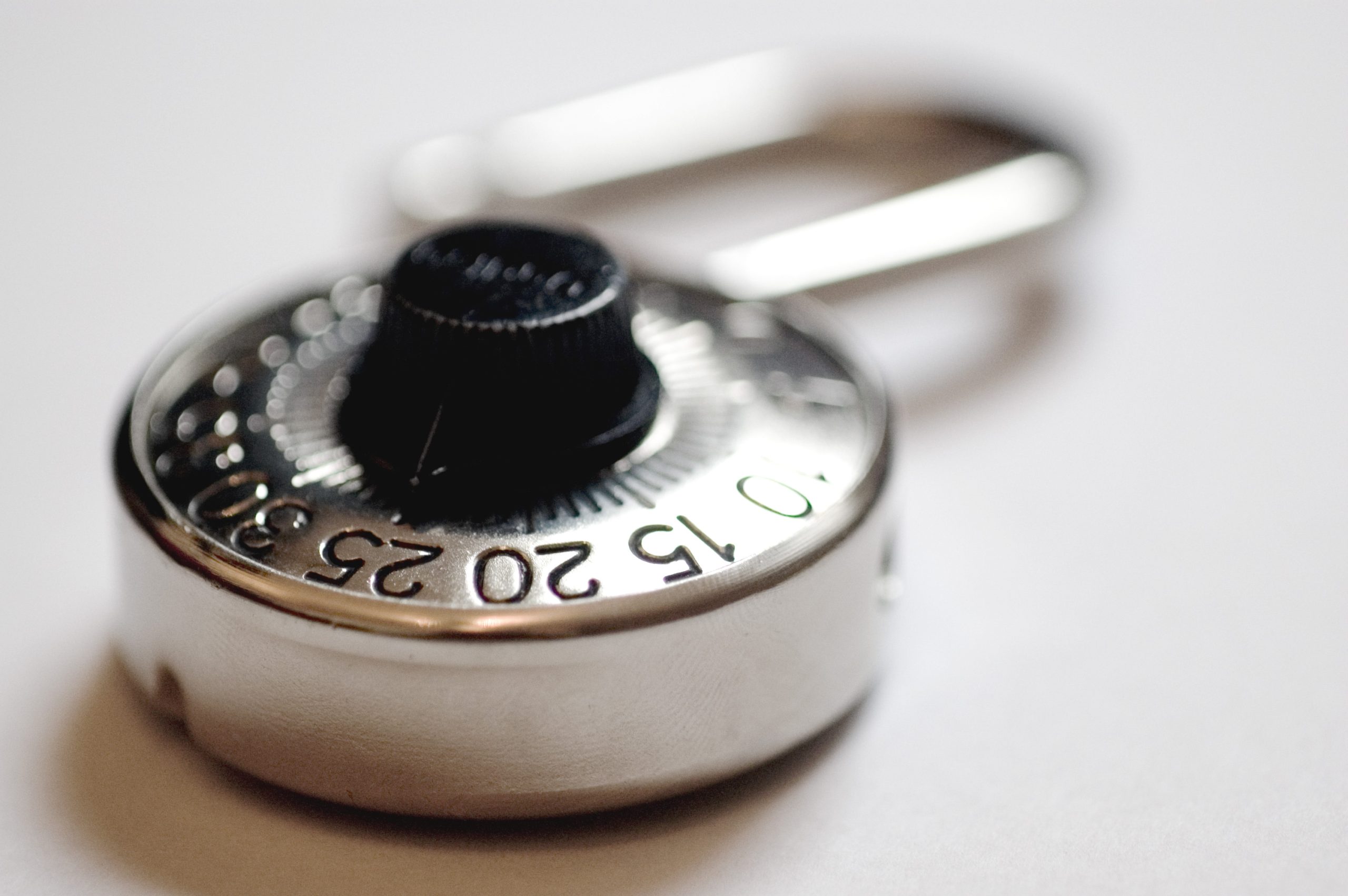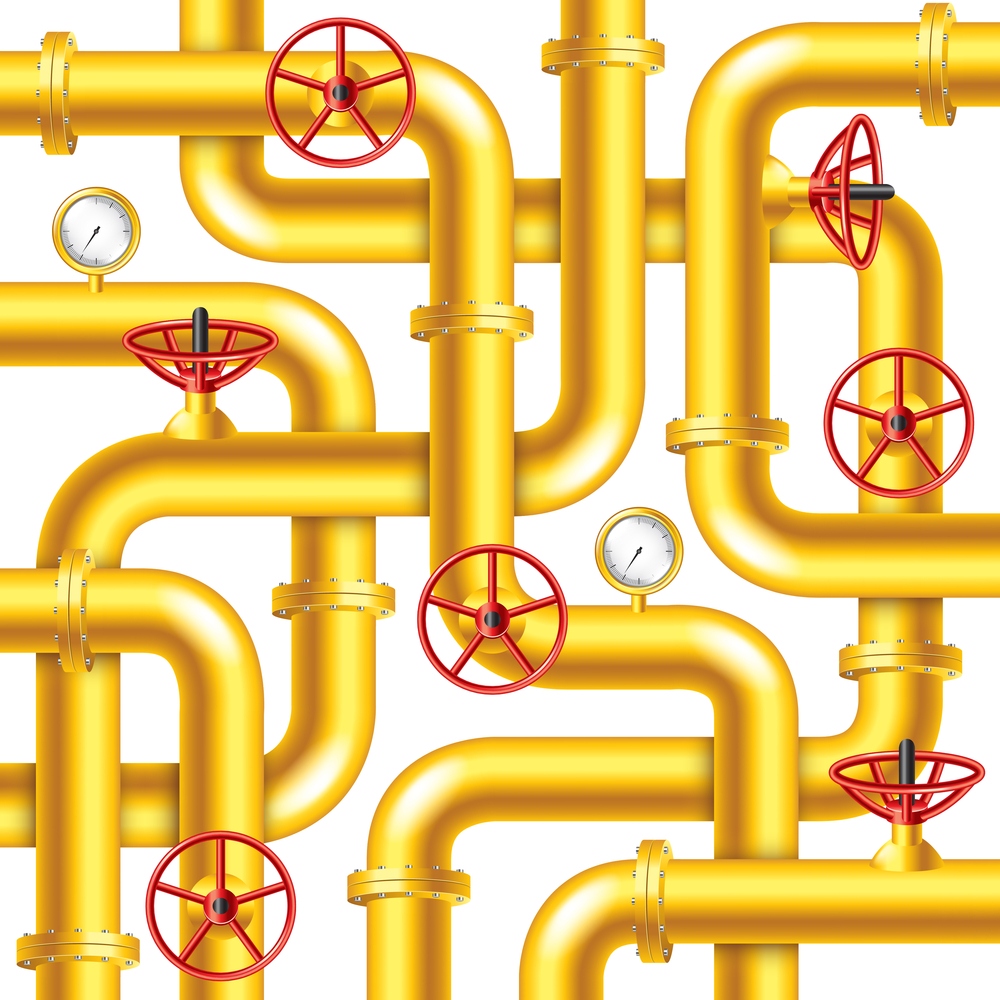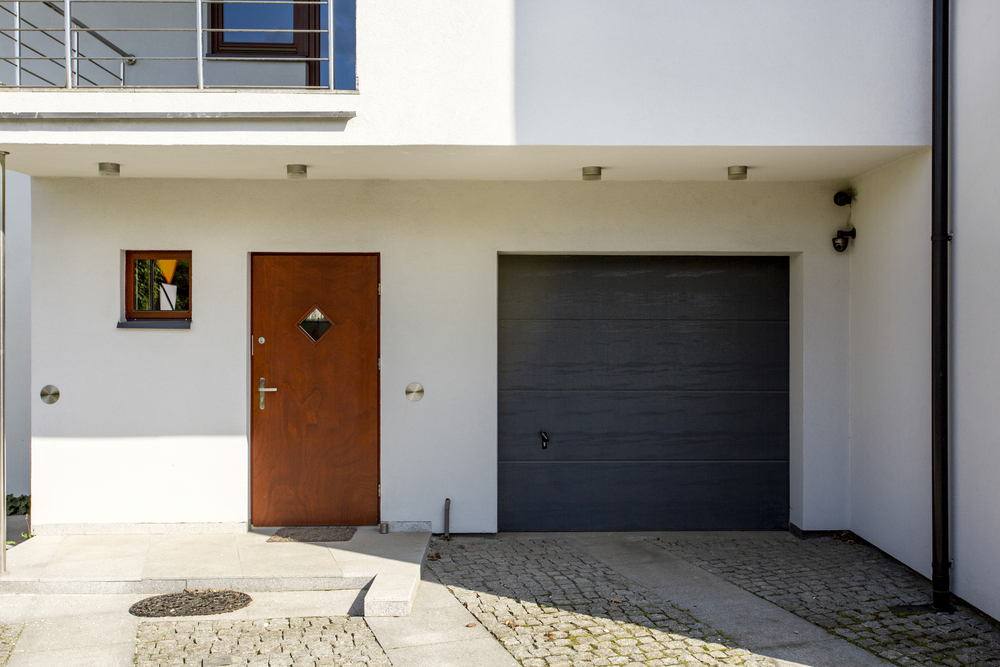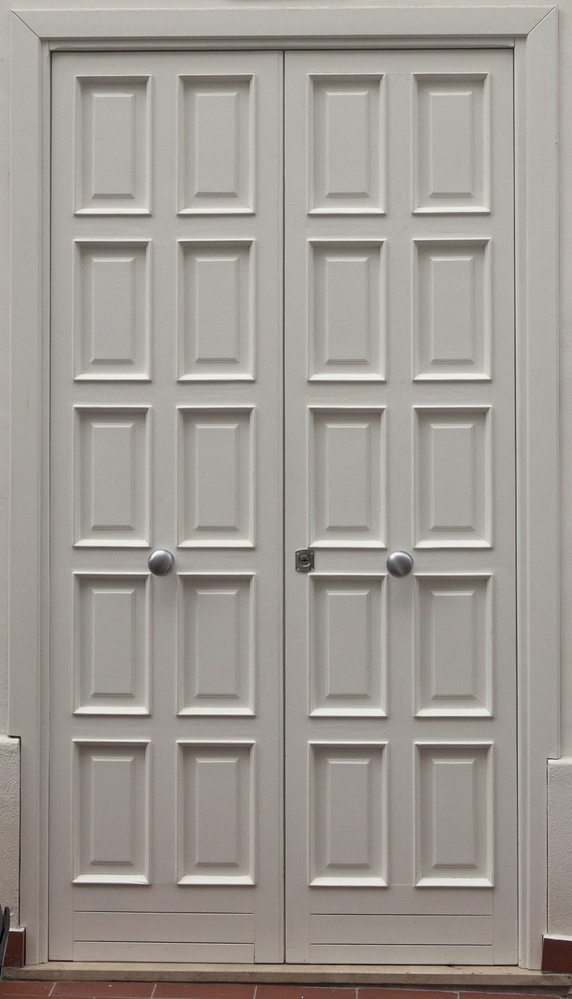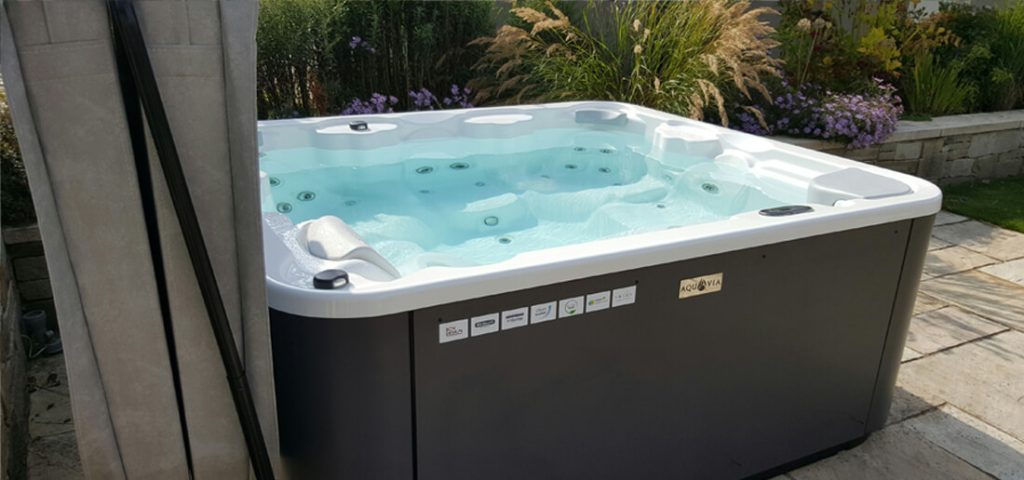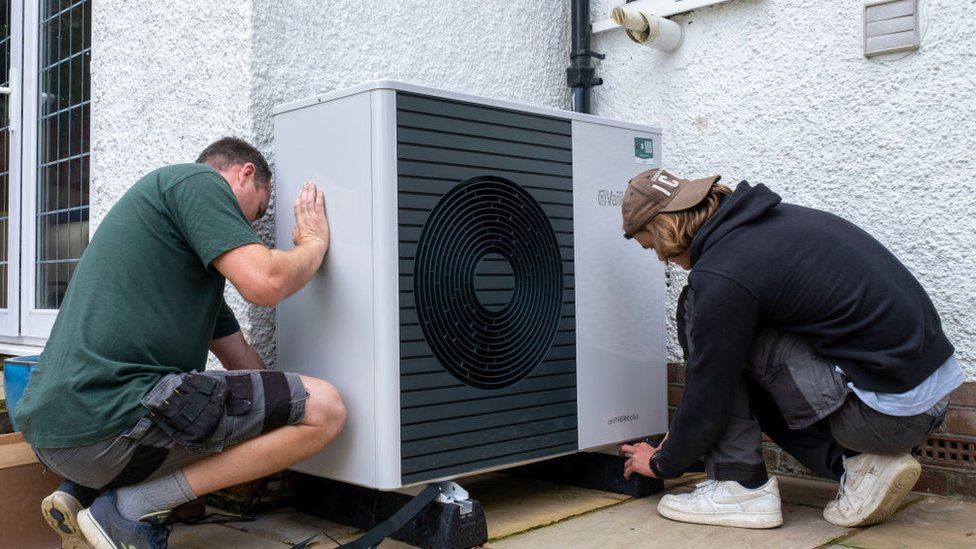Locksmiths play a crucial role in our lives when it comes to ensuring security and accessibility to our homes, cars, and businesses. Whether you're locked out of your house, need to upgrade your security, or require assistance with your car's locks, finding a reputable locksmith is essential. To help you in your search, here are some valuable tips on how to find a trustworthy locksmith.

Seek Recommendations
When in need of a locksmith's services, it's often a good idea to start by seeking recommendations from people you trust. Friends, family members, and colleagues can provide valuable insights into their experiences with locksmiths. Personal referrals can be a reliable way to find a locksmith who is not only skilled but also trustworthy.
Check Online Reviews
In the digital age, online reviews are a treasure trove of information about various service providers, including locksmiths. Websites like Yelp, Google, and the Better Business Bureau (BBB) allow you to read reviews and ratings from previous customers. Look for locksmiths with consistently positive feedback and high ratings, as this is an indicator of their professionalism and the quality of their services.
Verify Credentials
It's important to ensure that the locksmith you're considering is properly licensed, insured, and bonded. Licensing requirements for locksmiths can vary by location, so take the time to check the specific regulations in your area. A reputable locksmith should be able to provide evidence of their credentials upon request.
Request References
A reputable locksmith like Marlie Locksmiths Glasgow should have no qualms about providing you with references. These references are typically past customers who can vouch for the locksmith's reliability and professionalism. Don't hesitate to contact these references to gain valuable insights into the locksmith's track record.
Inquire About Pricing
Before hiring a locksmith, it's crucial to obtain a detailed estimate of the costs associated with the services you require. Beware of locksmiths who offer vague or overly low quotes, as they may be practicing price gouging or providing subpar work. A trustworthy locksmith should offer transparent and competitive pricing.
Check for 24/7 Emergency Service
Emergencies can happen at any time, day or night. It's wise to select a locksmith who offers 24/7 emergency services, especially if you anticipate needing assistance outside of regular business hours. A locksmith's quick response during emergencies is a strong indicator of their reliability and commitment to your security.
Ask About Specializations
Not all locksmiths offer the same range of services. Some specialize in residential locksmithing, while others may focus on automotive or commercial needs. Ensure the locksmith you choose has the experience and expertise relevant to your specific requirements.
Evaluate Professionalism and Communication
A professional locksmith should exhibit a high level of professionalism in their interactions with you. Whether it's through phone calls, emails, or in-person discussions, prompt and clear communication is a positive sign. It's important to feel confident in your interactions with the locksmith you choose.

